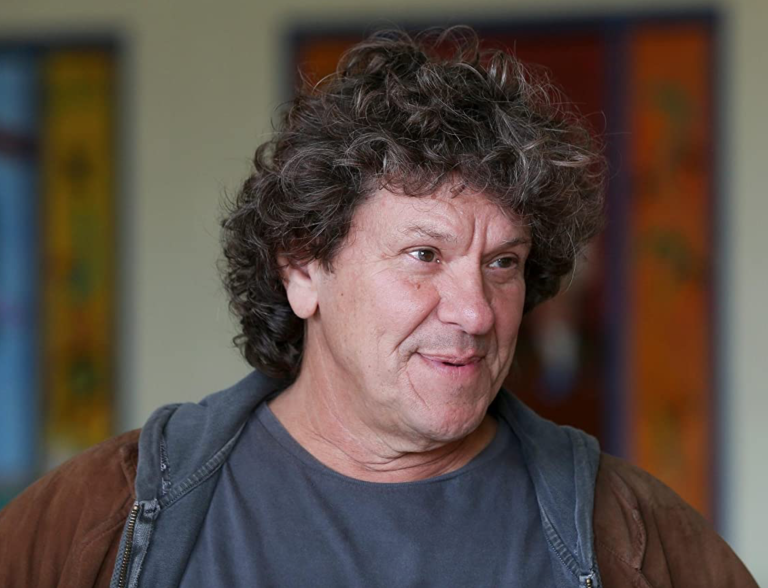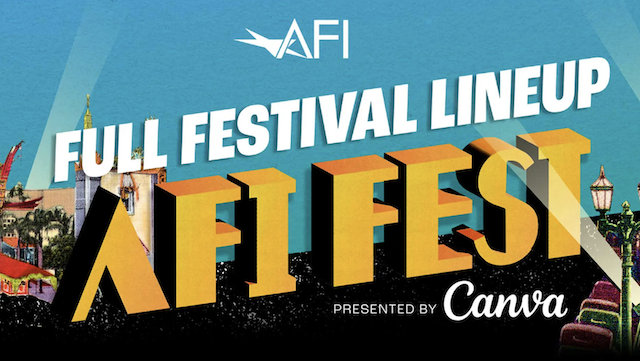
Michael Lang, the co-creator and organizer of the 1969 Woodstock Music and Art Fair, died yesterday at the age of 77 at Sloan Kettering in New York City. The concert promoter died from a rare form of non-Hodgkin’s lymphoma, his family spokesperson, Michael Pagnotta, has confirmed, Deadline is reporting.
Lang, who also organized the 25th and 30th Woodstock anniversary shows in 1994 and 1999, respectively, last appeared publicly just before the COVID pandemic hit, around the 50th anniversary of the original festival. He was planning a show in honor of Woodstock’s half-century anniversary, which was scheduled to take place in August 2019. The festival ultimately didn’t take place, however, following several controversial attempts.
After being raised in Brooklyn, Lang attended college in New York City before he started his career in concert promotion in the late 1960s. The first multi-artist event he organized was the 1968 Miami Pop Festival, which featured such popular artists of the era as Jimi Hendrix and Frank Zappa.
The producer later moved to the Woodstock, New York area, where he started to develop the idea to put together the famous three-day music and art festival. Along with his co-founders, including John Rosenman, Artie Kornfeld and John P. Roberts, he conceived of Woodstock, which ultimately proved to be one of the most impactful events in music history.
The festival drew approximately 400,000 people to a farm, which was owned by Max Yasgur, in Bethel, New York. There were so many people in attendance that the New York State Thruway was shut down as many left their cars stranded and found other ways to get to the festival grounds.
Woodstock not only gained recognition for its performances by such musicians and bands as Hendrix, Janis Joplin, Santana, the Grateful Dead, Sly and the Family Stone, The Who and Blood, Sweat & Tears, but for also being held during a time of great social upheaval in the U.S. Abroad, the country was engulfed in the unpopular Vietnam War, while at home, the hippie movement was influencing art, fashion, film and music.
While many of the musical performances exceeded expectations, there were also many obstacles, including the fact that many audience members and some of the musicians were taking mind-altering substances throughout the three-day showcase. Lang recalled one incident to Variety, when Jerry Garcia passed gave acid to Carlos Santana, who thought he had several hours before he had to perform. But the Grammy Award-winning guitarist was then rushed onstage, and ultimately deliver one of the weekend’s most memorable performances.
The year after Woodstock was held, a soundtrack album and documentary film, in which Lang was extensively featured, were released. The film detailed the scheduling mix-ups, weather issues and general lack of preparedness for what ultimately became the seminal cultural moment of the 1960s.
The original festival became so renowned, however, that Lang was able to draw big name bands for its follow-up shows. For the 1994 edition, which was held in Saugerties, New York, some of the era’s most popular contemporary bands as Nine Inch Nails, Green Day, the Cranberries and Red Hot Chili Peppers graced the stage. They were joined by several legacy performers from the first Woodstock including Santana, Crosby, Stills and Nash, Joe Cocker, John Sebastian and Country Joe McDonald.
Woodstock’s 25th anniversary show was so successful that it warranted the 30th anniversary show five years, which was held in Rome, New York. The 1999 edition of the festival drew about 400,000 attendees in person and many more who watched across America on television via pay-per-view.
However, Woodstock’s third iteration made news for the wrong reasons; instead of its musical performances, the news coverage noted the uncontrollable violence and vandalism of the audience, which went against the original show’s them of peace and love.
The mayhem was sparked in part because none of the original artists from the 1969 festival were given entire sets; the festival decided to instead emphasize hip-hop and modern rock, with performances from such musicians and bands as DMX, Kid Rock, Rage Against the Machine, Dave Matthews Band and Metallica.
The perceived commercialism and reports of sexual assault at Woodstock’s 30th anniversary show created difficulties for Lang when he tried to put together the fourth installment of the festival in 2019. As a result, the 50th anniversary show didn’t end up happening.
Responding to the media’s more critical analysis of the two 1990s festivals, Lang told Pollstar: “I can understand (the criticism of) the ’99 edition for what happened at the end, but ’94 was fantastic.” He cited the performances by Nine Inch Nails, Green Day and Sheryl Crow in 1994 as making the 25th anniversary show great.
Lang’s vision for the 50th anniversary Woodstock show included performances by Jay-Z, Miley Cyrus and Dead and Company, which would be held from August 16-18, 2019 in Watkins Glen, New York. However, the initial backers of the half-century anniversary festival, including financial partner Dentsu and its investment division Amplifi, pulled their support in April 2019 after an initial investment of more than $32 million.
But Lang’s biggest problem for Woodstock’s 50th anniversary edition ultimately proved to be not being able to get permits from local authorities, even after a change of location. When the capacity was finally set at just 75,000 attendees, he finally decided not to move ahead with the half-century celebration.
While the 50th anniversary show didn’t end up happening, Lang still believed that Woodstock and the counterculture it represented was an important factor for social changes, even in modern day society. “It wasn’t just entertainment; it was more about the social issues. They were part of our generation,” he told Pollstar.
“Woodstock offered an environment for people to express their better selves…It was probably the most peaceful event of its kind in history.” The artistic manager added, “The first Earth Day came right after Woodstock. Women’s rights… Then there was the inauguration of Barack Obama, Washington’s Woodstock. Those are things that grew out of those times and evolved.”
Lang is survived by his wife Tamara, their sons Harry and Laszlo, and his daughters LariAnn, Shala and Molly.

